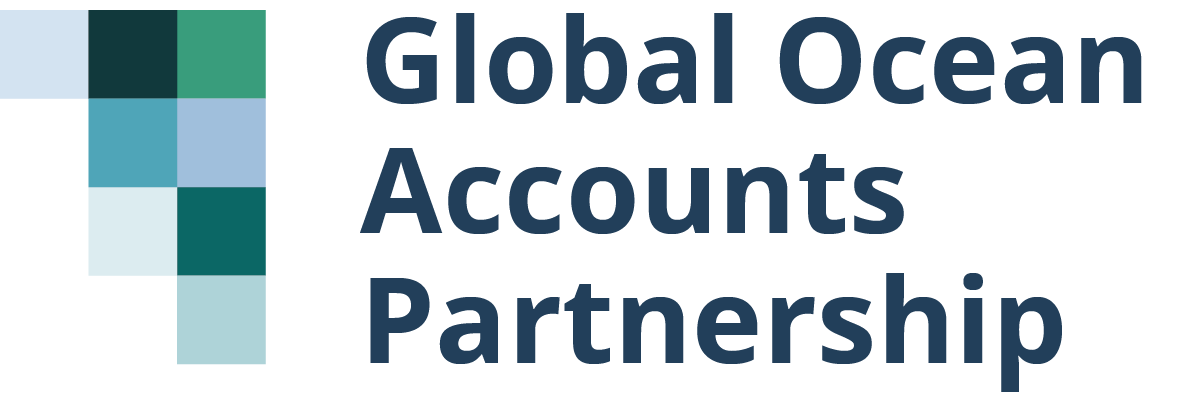Workshop on Ocean Accounts and Governance of Blue Carbon Ecosystems
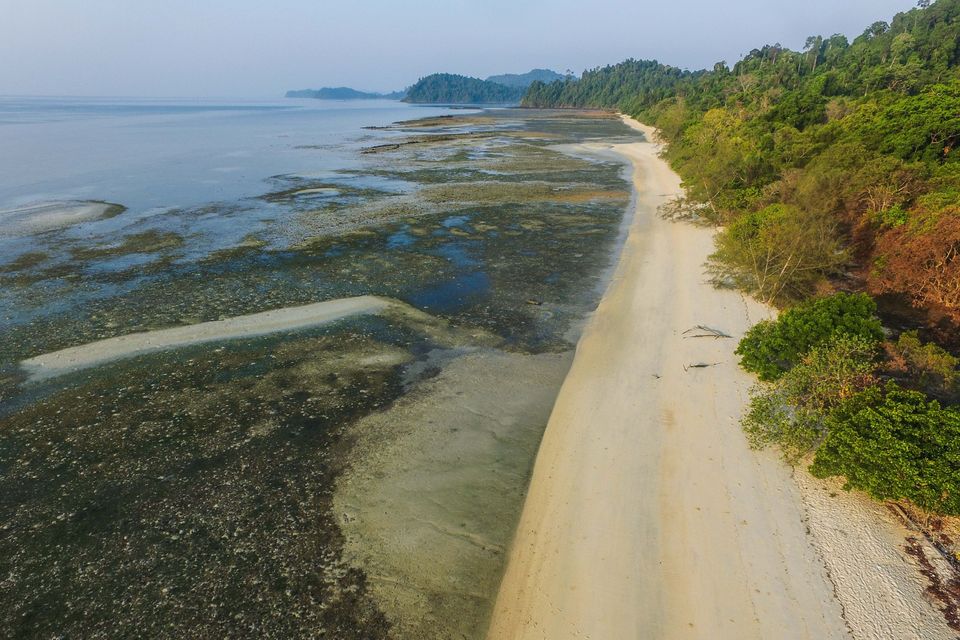
17-18 October | Novotel Bogor Golf Resort & Convention Center, Bogor, Indonesia & Virtual
Focus and Objectives
The workshop brought together 88 stakeholders from government and non-government, including policy decision-makers, project developers and technical experts, to advance opportunities for collaboration in Ocean Accounting and Governance of Blue Carbon Ecosystems (mangrove, salt marsh and seagrass) in Indonesia, Australia and Papua New Guinea.
The workshop was jointly hosted by the Ministry of Marine Affairs and Fisheries, Indonesia (MMAF), the Department of Climate Change, Environment, Energy and Water, Australia (DCCEEW), the International Union for the Conservation of Nature (IUCN) and the Global Ocean Accounts Partnership (GOAP) Secretariat, and supported by the Blue Carbon Accelerator Fund (BCAF).
The workshop aims to:
- Build a mutual understanding of pilot ecosystem conservation and restoration activities supported by BCAF, to identify shared challenges, lessons learned, and opportunities for collaboration.
- Provide participants with conceptual and operational knowledge concerning project-scale Ocean Accounting for Blue Carbon Ecosystems, and
- Explore options and opportunities for multi-institutional collaboration to scale investment in blue carbon ecosystems through the implementation of ocean accounts and related governance instruments.
Agenda
The workshop consisted of the following sessions:
- Inter-government dialogue [co-hosted by Indonesia and Australia] to explore options and opportunities for multi-institutional collaboration to scale investment in blue carbon ecosystems
through the implementation of ocean accounts and related governance instruments. - Session 1: Opening reflections concerning Blue Carbon Ecosystems and their importance for sustainable development.
- Session 2: Snapshot presentations of pilot ecosystem conservation and restoration activities supported by the BCAF.
- Session 3: Training session on ocean accounting including practical examples and use cases for pilot-scale accounts.
- Session 4: Informal knowledge sharing between pilot project developers and other stakeholders.
- Session 5: Exploring opportunities and challenges to scaling investment in the conservation and restoration of Blue Carbon Ecosystems.
Outcomes
The workshop identified that ocean accounts can
- Bring together the data that could measure project success and increase transparency in reporting
- Allow projects to account for the flow of multiple ecosystem services (beyond carbon), and
- Allow monetary evaluation of ecosystem services.
The workshop also contained a dedicated practical session on compiling ocean accounts and considerations for advancing private investment and blue finance.
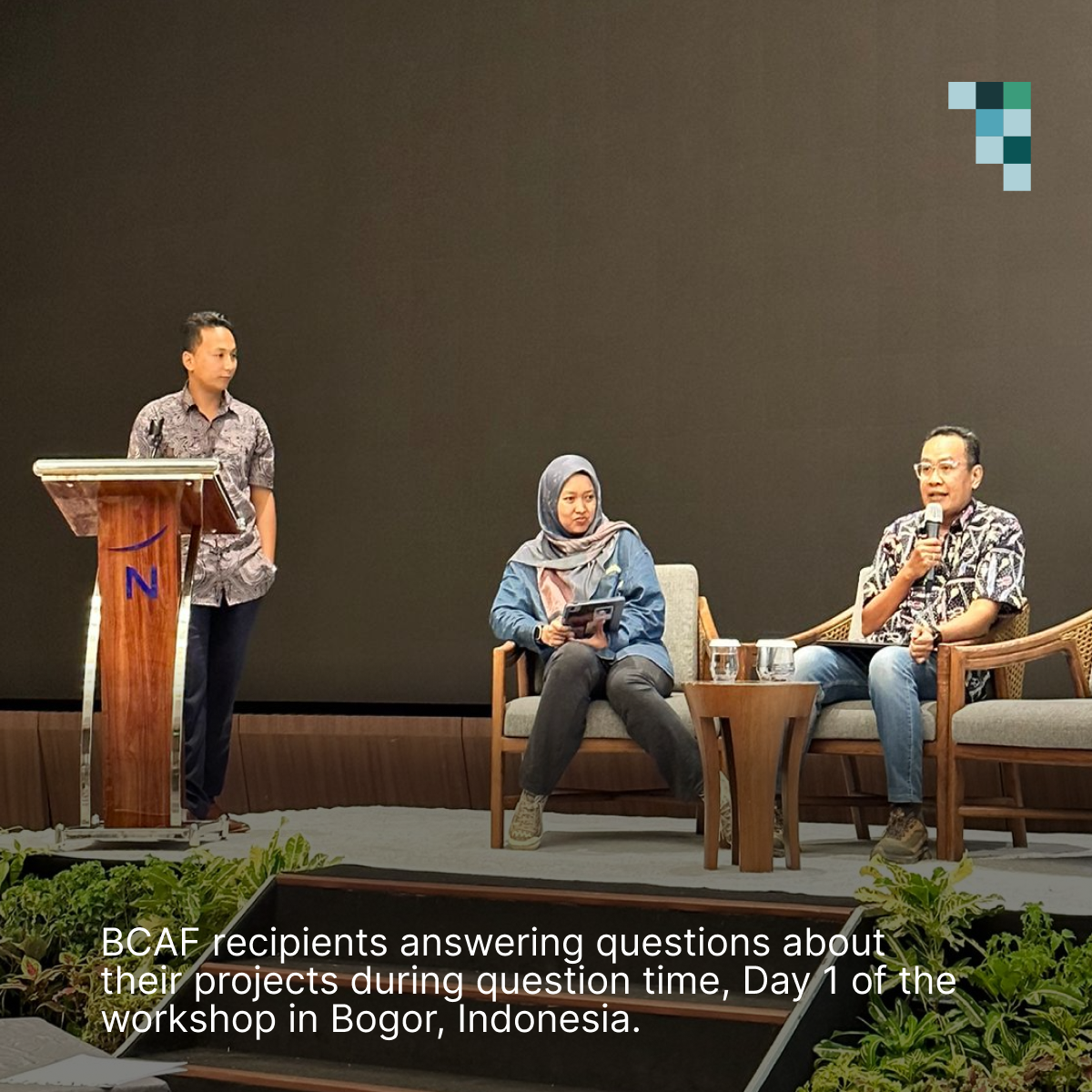
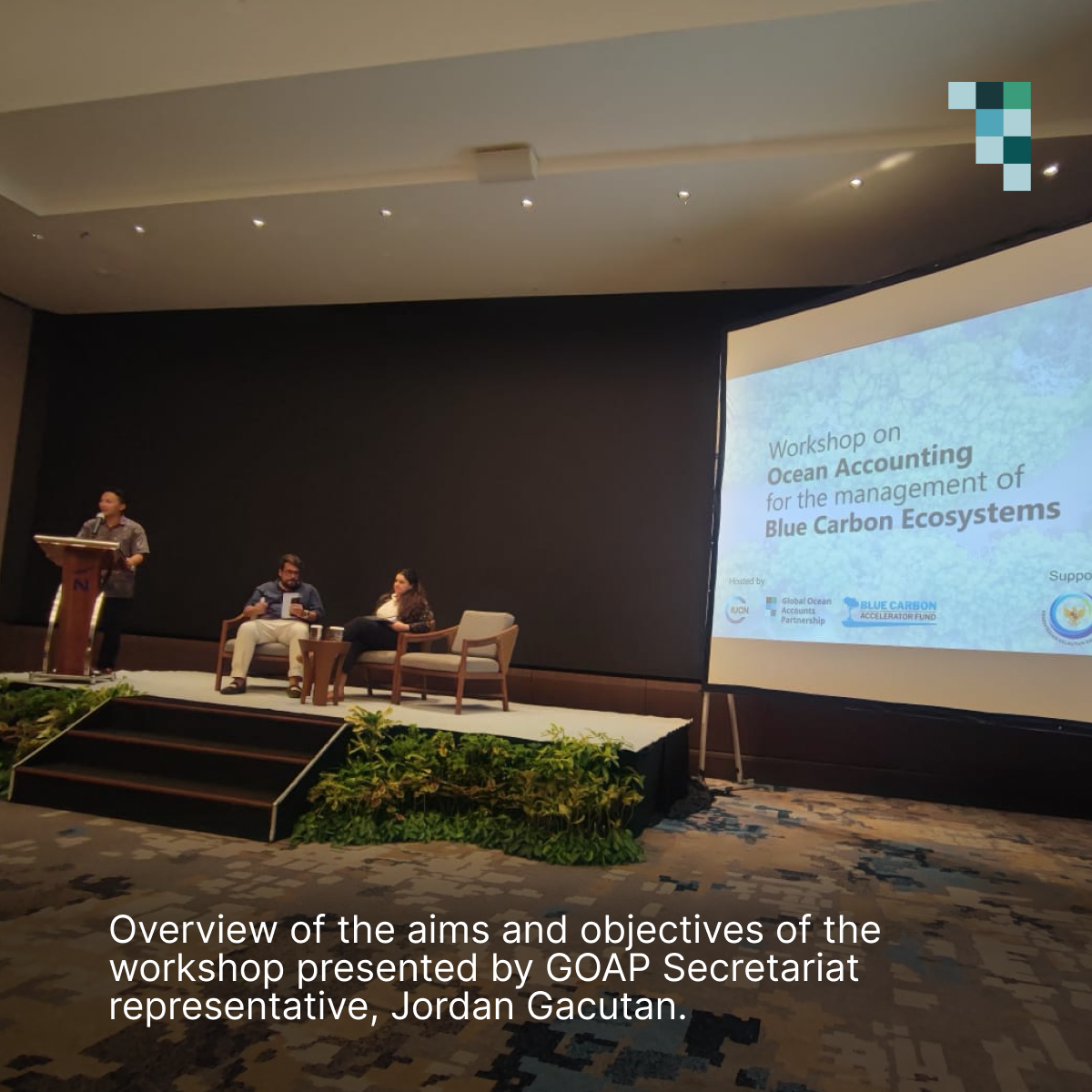
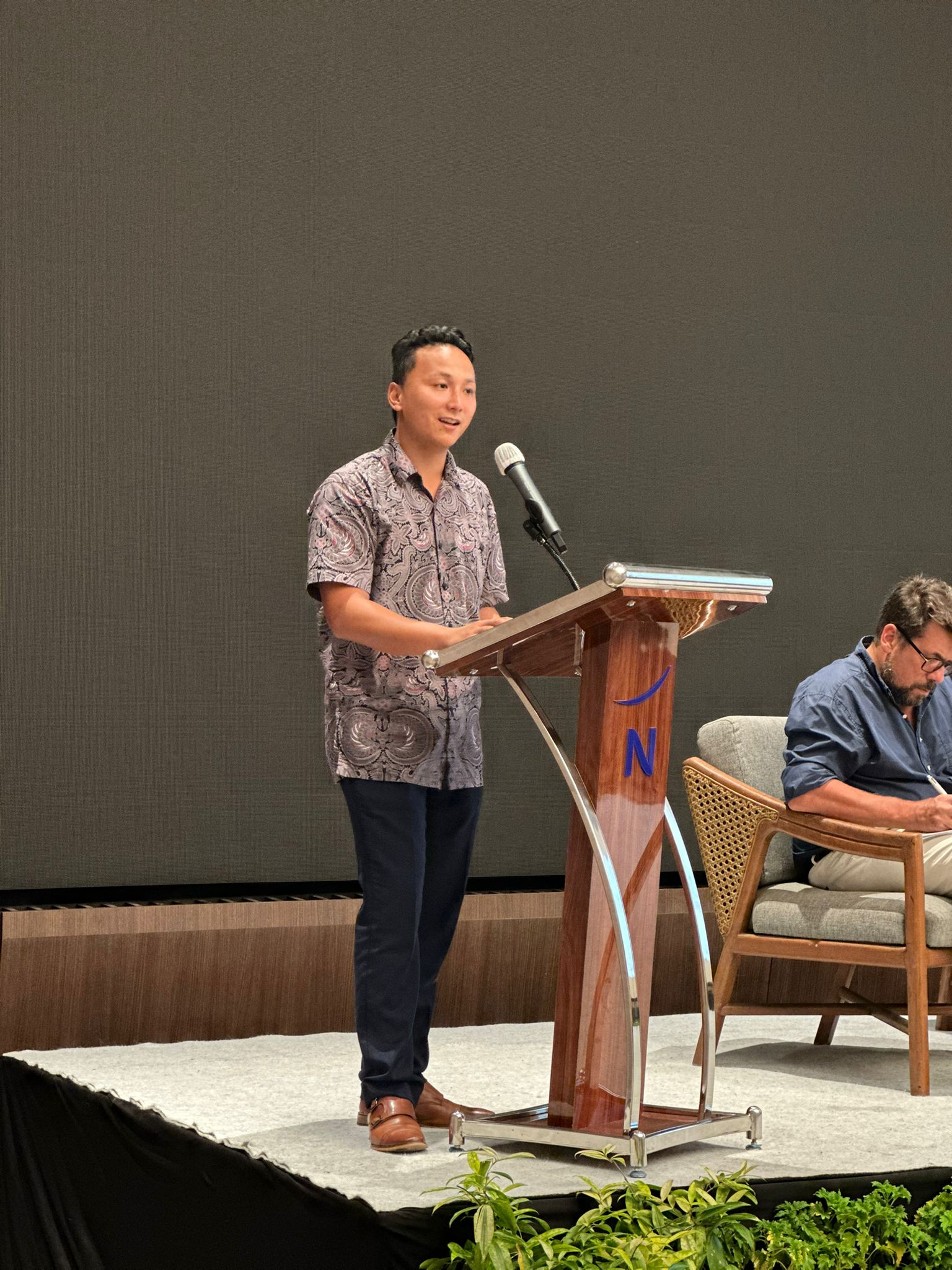
Delivery Partners
International Union for the Conservation of Nature (IUCN)
IUCN is the global authority on the status of the natural world and the measures needed to safeguard it. Our experts are organised into six commissions dedicated to species survival, environmental law, protected areas, social and economic policy, ecosystem management, and education and communication.
Blue Carbon Accelerator Fund (BCAF)
The BCAF was established by Australia and IUCN as a dedicated funding scheme with a vision to help increase coastal blue carbon ecosystems conservation and restoration for the benefits to climate change mitigation and adaptation, biodiversity and livelihoods of coastal communities. The BCAF focuses on increasing the global supply of investment-ready blue carbon restoration projects and enhancing the business case for financing by applying measurement approaches that value the climate, biodiversity and livelihood benefits of these ecosystems.
Global Ocean Accounts Partnership (GOAP)
GOAP is a multi-institutional partnership established to enable countries and other stakeholders to go Beyond GDP to effectively measure and manage progress towards sustainable ocean development. GOAP aims to support at least 30 countries by 2030 to build complete sequences of national ocean accounts and co-create knowledge products that support the development of globally accepted and standardised ocean accounting practices by 2023.
